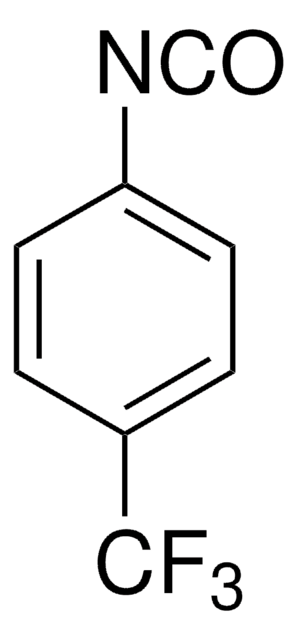About This Item
Recommended Products
Assay
97%
refractive index
n20/D 1.4204 (lit.)
bp
228-229 °C (lit.)
density
0.793 g/mL at 25 °C (lit.)
SMILES string
CCCCCCOCCCCCC
InChI
1S/C12H26O/c1-3-5-7-9-11-13-12-10-8-6-4-2/h3-12H2,1-2H3
InChI key
BPIUIOXAFBGMNB-UHFFFAOYSA-N
Looking for similar products? Visit Product Comparison Guide
Related Categories
Application
- supported liquid membrane during hollow-fiber liquid-phase microextraction method for determination of nitrophenolic compounds from atmospheric aerosol particles
- an extraction solvent to detect avermectins in stream water by hollow-fiber-assisted liquid-phase microextraction technique coupled with LC-MS/MS
Signal Word
Warning
Hazard Statements
Precautionary Statements
Hazard Classifications
Aquatic Acute 1 - Aquatic Chronic 2 - Skin Sens. 1B
Storage Class Code
10 - Combustible liquids
WGK
WGK 2
Flash Point(F)
172.4 °F - closed cup
Flash Point(C)
78 °C - closed cup
Personal Protective Equipment
Certificates of Analysis (COA)
Search for Certificates of Analysis (COA) by entering the products Lot/Batch Number. Lot and Batch Numbers can be found on a product’s label following the words ‘Lot’ or ‘Batch’.
Already Own This Product?
Find documentation for the products that you have recently purchased in the Document Library.
Customers Also Viewed
Our team of scientists has experience in all areas of research including Life Science, Material Science, Chemical Synthesis, Chromatography, Analytical and many others.
Contact Technical Service















